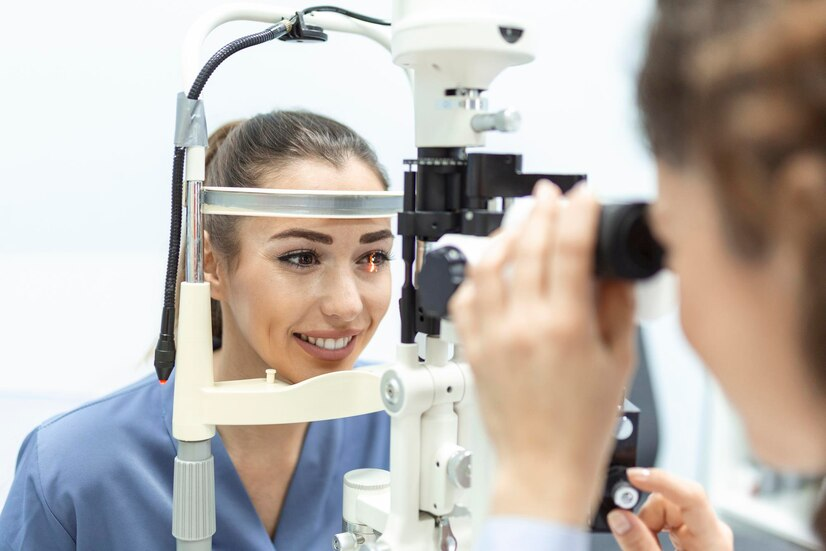General Ophthalmology

Introduction
General ophthalmology encompasses the comprehensive care of the eyes, addressing a wide range of ocular conditions and promoting overall eye health. General ophthalmologists provide routine eye examinations, diagnose and treat common eye diseases, and manage visual impairments, ensuring optimal eye health for patients of all ages.
Routine Eye Examinations
Comprehensive Eye Exams
Routine eye examinations are crucial for detecting and preventing eye diseases. General ophthalmologists conduct thorough eye exams, including visual acuity tests, refraction assessments, and dilated fundus examinations to evaluate the health of the retina and optic nerve.
Pediatric Eye Care
Pediatric eye care involves specialized exams to detect and treat conditions such as amblyopia (lazy eye), strabismus (crossed eyes), and refractive errors in children. Early detection and treatment are vital for proper visual development.
Common Eye Conditions
Refractive Errors
General ophthalmologists diagnose and correct refractive errors such as myopia (nearsightedness), hyperopia (farsightedness), astigmatism, and presbyopia. They prescribe eyeglasses, contact lenses, or recommend refractive surgery for vision correction.
Cataracts
Cataracts, a common age-related condition, cause clouding of the eye’s natural lens, leading to blurred vision. General ophthalmologists diagnose cataracts and perform cataract surgery to restore clear vision, replacing the cloudy lens with an artificial intraocular lens (IOL).
Glaucoma
Glaucoma, a group of diseases causing optic nerve damage, often due to increased intraocular pressure, is another condition managed by general ophthalmologists. Regular monitoring and treatment, including medications or surgery, are essential to prevent vision loss.
Therapeutic Services
Medical Management
General ophthalmologists provide medical management for various eye conditions, prescribing medications for infections, inflammations, and chronic diseases like glaucoma. They also manage systemic conditions such as diabetes that impact eye health.
Surgical Interventions
In addition to cataract surgery, general ophthalmologists perform minor surgical procedures like laser treatments for glaucoma and retinal conditions, eyelid surgery for cosmetic or functional issues, and removal of benign eye growths.
Patient Education and Preventive Care
Education
Educating patients on eye health is a key component of general ophthalmology. Patients learn about proper eye care, the importance of regular check-ups, and how to recognize symptoms of common eye conditions.
Preventive Measures
Preventive care includes advising on protective eyewear, proper nutrition, and managing systemic diseases like diabetes and hypertension that can affect eye health. Early intervention and lifestyle modifications help maintain long-term vision health.

